[Newsbits] 3+4.01.2024: Chameleon Trojan, SMART 2.0, Free Movement Regime & more
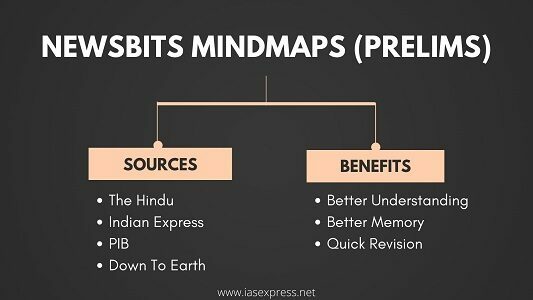
The Central Council for Research in Ayurvedic Sciences (CCRAS) is an autonomous body under India’s Ministry of AYUSH, established to promote research in Ayurveda and Homoeopathy. It aims to develop research on scientific lines in Ayurvedic Sciences and recently launched the ‘SMART 2.0’ program to foster clinical studies in Ayurveda. CCRAS also supports young researchers through its SPARK program, focusing on validating classical Ayurveda drugs and developing new formulations based on traditional and scientific knowledge. The J-31 Stealth Fighter Aircraft, developed by China’s Shenyang Aircraft Corporation, is a fifth-generation, mid-sized, twinjet fighter. First flown in 2012, it remains in the prototype stage as of 2024. Designed independently as a private venture, it aims at the international market, offering an alternative to countries unable to purchase the F-35. Notable features include advanced stealth capabilities, a payload capacity of 8,000 kg, and the use of RD-93 engines initially, later upgraded to the WS-19. It has undergone several modifications for potential carrier-based operations. Despite its promising specifications, the J-31 faces challenges such as developmental delays and controversy over alleged espionage in its design process. The aircraft’s future involves further testing, potential exports, and a role in strengthening international relations for China. The National Commission for Indian System of Medicine (NCISM), established in 2020, is a statutory and regulatory body in India responsible for framing policies and overseeing the Indian System of Medicine, including Ayurveda, Unani, Siddha, and Sowa-Rigpa. Recent activities involve setting ethical and registration standards, enhancing Unani medical education, launching the ‘SMART 2.0’ program for Ayurveda research, and standardizing medical research in ISM. NCISM’s role is crucial in ensuring quality and compliance in the field of traditional Indian medicine. SMART 2.0, initiated by CCRAS and NCISM, aims to integrate Ayurveda into mainstream healthcare through evidence-based research. Launched in January 2024, it encourages collaboration among Ayurveda academic institutions to undertake studies in key health areas. The program seeks to close the evidence gaps in Ayurveda, enhancing its role in public health care and fostering a balance between traditional knowledge and scientific methods. The Chameleon Trojan is a newly identified variant of Android banking malware first detected in early 2023. It’s known for its ability to mimic legitimate apps, thereby bypassing biometric security measures like fingerprint and face unlock to steal phone PINs and other sensitive information. Initially targeting Australia and Poland, its reach has expanded to the UK and Italy. ThreatFabric, an online fraud detection firm, has been closely monitoring this evolving threat. The Trojan operates by embedding itself in legitimate Android apps like Google Chrome, running undetected in the background. It employs various tactics such as using the Accessibility service to gain unauthorized access and employing stolen PINs to unlock devices and steal data like credit card details and login credentials. To protect against this malware, users are advised to avoid unofficial app sources, refrain from enabling the Accessibility service for unknown apps, run regular security scans, and keep Google Play Protect enabled. The Hindenburg Research report on Adani Group, published in January 2023, alleges a decades-long scheme of stock manipulation and accounting fraud involving the Adani Group. The report claims that Gautam Adani, the founder and chairman, amassed significant wealth largely through the appreciation of his group’s stock prices. The investigation by Hindenburg Research, which spanned two years, involved interviews, document reviews, and site visits across several countries. It suggests the involvement of various Adani family members in fraudulent activities and raises concerns about the group’s financial stability and transparency. The report’s aftermath saw legal developments, including the Supreme Court of India’s directive for the Securities and Exchange Board of India (SEBI) to complete its investigation. The Adani Group’s response was to dismiss the allegations as baseless and a calculated attack on India’s integrity and growth story. They questioned Hindenburg Research’s motives and transparency, particularly regarding the details of its short positions and the profit it has made. The case brings to the forefront issues related to corporate governance, market manipulation, and the impact of such allegations on investor confidence. It highlights the challenges and complexities in addressing legal and regulatory concerns in such high-profile cases. The way forward includes the completion of the SEBI investigation and addressing the concerns raised by the report to restore confidence in the financial markets. The Free Movement Regime (FMR) between India and Myanmar, initiated in the 1970s, allows residents within 16 km of the border to travel up to 16 km into the other country without a visa. This regime, covering the 1,643 km border across Arunachal Pradesh, Nagaland, Manipur, and Mizoram, was designed to recognize the close ethnic and familial ties between communities on either side. However, due to security concerns like illegal immigration, drug trafficking, and insurgency, the Indian government announced plans to scrap the FMR in January 2024. The scrapping of FMR is expected to impact the daily lives and cultural connections of the border residents and poses challenges in balancing security needs with the socio-economic realities of these communities. The Square Kilometre Array Observatory (SKAO) represents an ambitious multinational project aimed at constructing the world’s largest radio telescope. With construction commencing in December 2022 across sites in Africa and Australia, this groundbreaking facility will utilize thousands of antennas to simulate a singular, massive radio telescope. SKAO will provide unprecedented sensitivity and the ability to rapidly map the sky, significantly advancing our understanding of the universe. Key focus areas include studying gravitational waves, pulsars, dark matter, and dark energy, and investigating the Epoch of Reionization. Despite challenges like delays and rising costs, the SKAO, once operational in 2024, promises to revolutionize our perception of the cosmos. The “Desert Cyclone” is a joint military exercise between India and the UAE, aimed at strengthening defense ties and enhancing interoperability, especially in urban warfare. Conducted in Rajasthan from January 2-15, 2024, it involves 45 personnel from both nations’ armies. This exercise marks a significant step in the defense relationship between the two countries, reflecting their commitment to regional security and stability. The collaboration also extends to other areas such as defense equipment production and sharing strategic information, showcasing the deep-rooted historical friendship between India and the UAE.
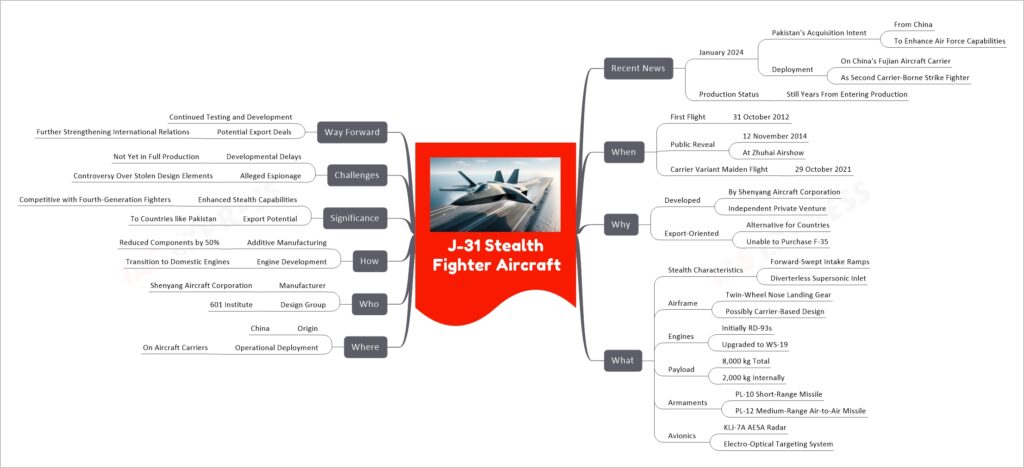

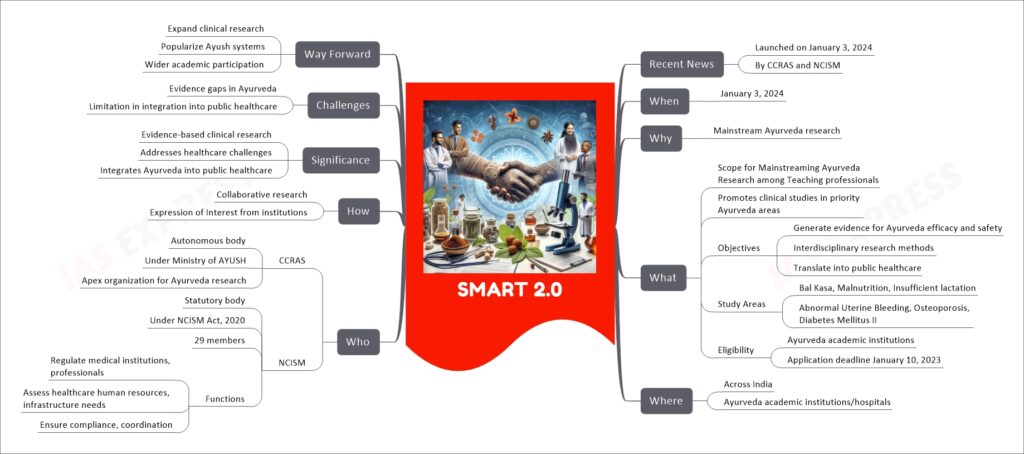
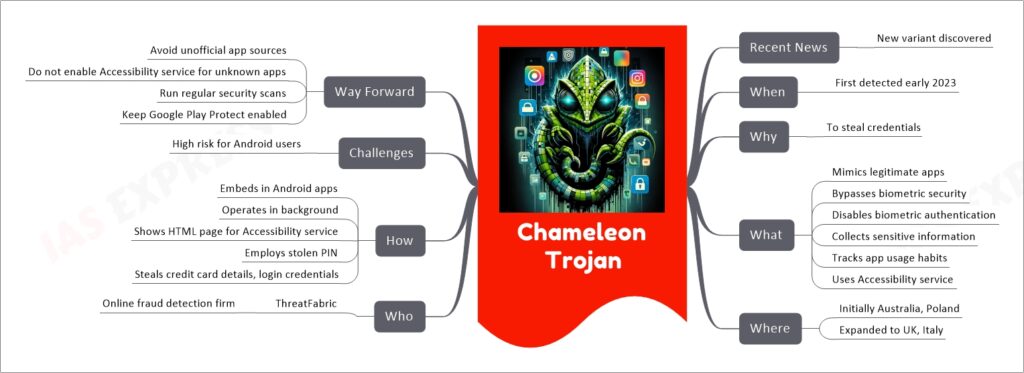
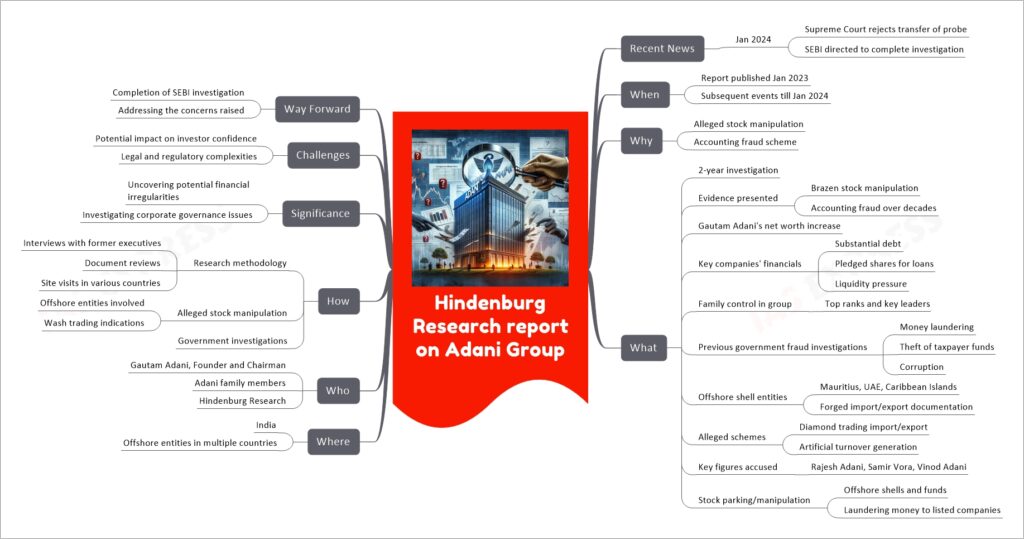
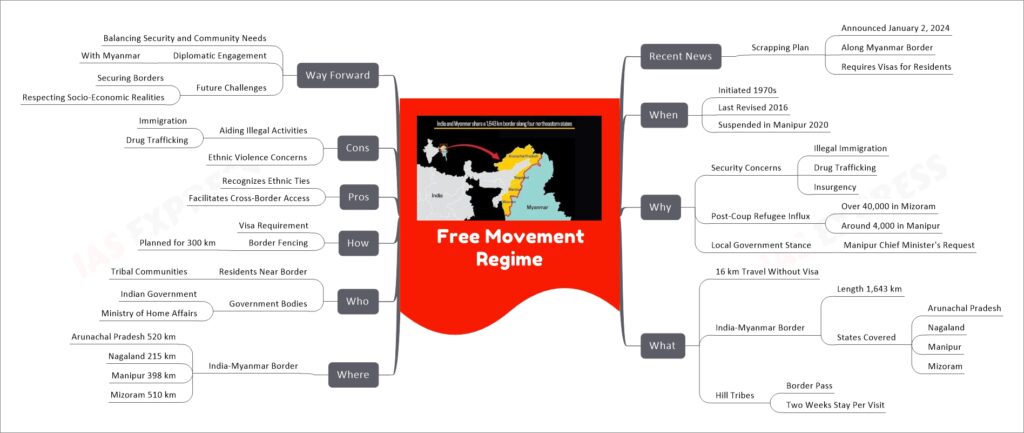
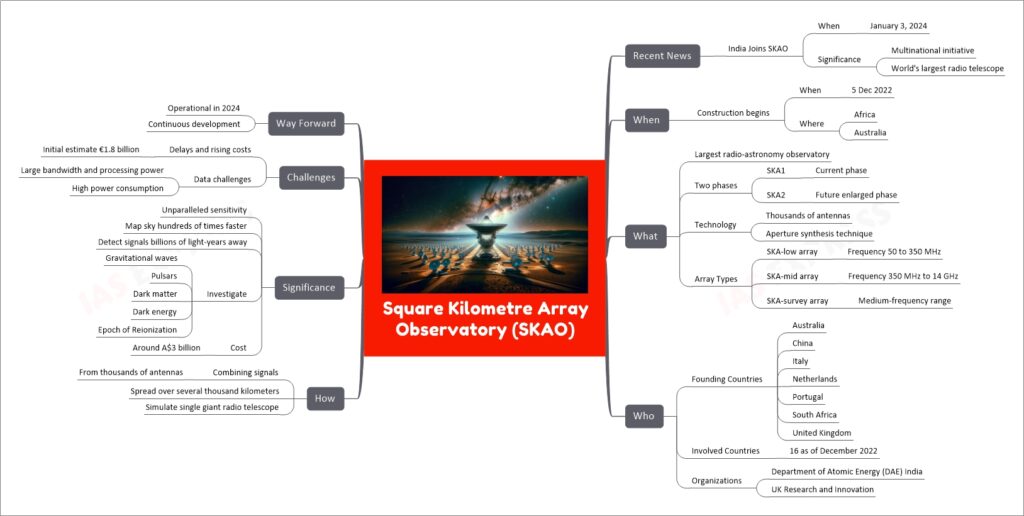
If you like this post, please share your feedback in the comments section below so that we will upload more posts like this.

